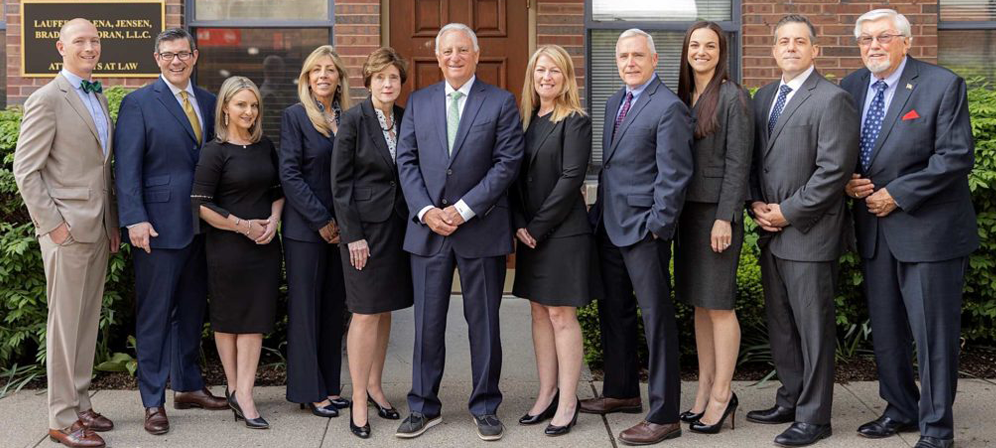Trips and falls are common accidents that people suffer every day. Hazardous conditions on someone else’s property are some of the most common causes of these accidents. Unsafe conditions could be anywhere, including a residential apartment, governmental facility or retail store.
Despite how common slip-and-fall incidents are, it can be difficult for injured individuals to prove that they fell because of unsafe property conditions. Here are three pieces of evidence that are always essential in a premises liability claim.
1. The owner of the property was negligent
Negligence is a crucial factor in any personal injury claim. In a slip-and-fall case, there must be evidence that the property owner did not properly maintain the safety of their property. It is also negligent if a property owner was aware of the dangerous conditions but did not warn anyone about them.
Common forms of evidence to prove a property owner’s negligence include:
- Photographs of the hazards, including poor lighting or improper flooring
- Witness statements from tenants, passersby or visitors
- Past inspection reports of the building or property
This evidence can help prove that there were dangerous conditions, and the property owner did not take appropriate measures to fix these conditions.
2. Evidence of a serious injury
Official medical records are the primary source of proof of a severe injury. However, personal accounts of the accident and the injuries could also provide valuable evidence.
3. The hazardous conditions caused the injury
The final element of a premises liability claim is to prove that the property owner’s negligence caused the accident. For example, if a store owner did not clear the floor of spilled water and a customer slipped and fell, the customer must prove they would not have suffered a fall if the store owner had dried the water or put up a warning sign.
New Jersey follows the law of comparative negligence. Therefore, an injured party must also prove that they were less responsible for the accident than the other party to secure compensation.
These three pieces of evidence are the foundation of any premises liability claim. An experienced attorney can help prove these elements to recover the losses suffered from the injury.


